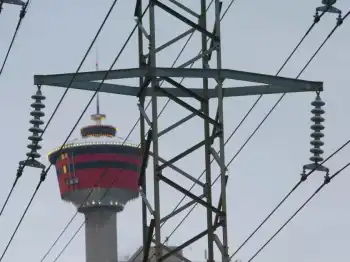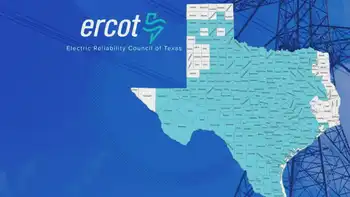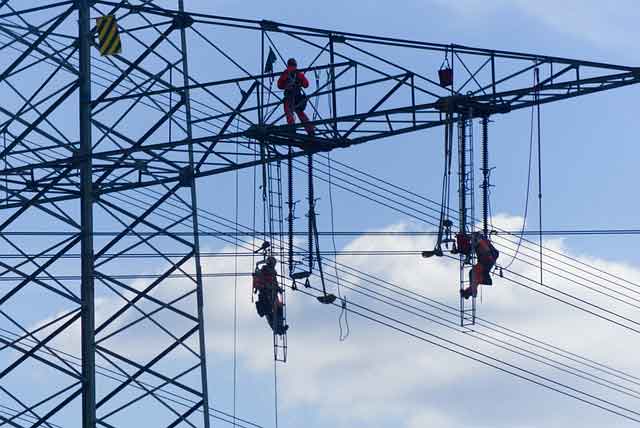Opposition to smart grid short sighted
By Scott Simpson, Vancouver Sun
NFPA 70e Training - Arc Flash
Our customized live online or in‑person group training can be delivered to your staff at your location.

- Live Online
- 6 hours Instructor-led
- Group Training Available
I covered BC Hydro for eight years before moving over the innovation beat, and I'm not sure the critics have their facts straight.
Yes, there have been problems with the introduction of smart meters in California and Ontario — in particular, with shortsighted utilities in both those jurisdictions that coupled the introduction of digital meters with new, complex, multi-tiered electricity rates. In some instances in California, we're talking about a dozen different levels in a consumer electricity rate. I doubt an electrical engineer could figure them out, let alone a typical consumer.
That's not going to happen in British Columbia, where Hydro does indeed plan to hike up electricity rates but promises that residential customer exposure to multi-tier rates will be voluntary.
The International Energy Agency representing all of the world's rich nations, including Canada issued a paper urging politicians and utilities to get on with the business of introducing smart grid technology in order to make electrical supply systems more efficient. The world's largest association of electrical engineers is similarly in favor of upgrading electrical infrastructure. Ask yourself — would you rather drive a hybrid car, or a '63 Biscayne?
It's just common sense. Public opposition to new power stations and transmission lines is a global problem and optimizing electricity delivery from existing systems is the cheapest and fastest way to meet growing per capita demand for power.
That's what smart meters do. They help make aging grid systems run better. Would you rather have a new high voltage transmission line over your head, or bear the apparent runaway costs of a new hydroelectric dam like Site C on the Peace River, or a little box on the side of your house that tells your dishwasher to shut off when industrial power demand spikes in the middle of the afternoon?
We may end up with all of those, regardless, but it seems to me that anyone who considers the situation in its entirety rather than one lesser but controversial part of it, has failed to consider the greater public interest.
Meanwhile, I've never been impressed by BC Hydro's efforts to promote the program.
Fixating on the notion of using smart meters to combat power theft by grow ops is a dubious strategy, in no smart because the financial numbers Hydro is using to estimate theft seem subjective at best.
Of course, it's not helpful when the premier and minister responsible for BC Hydro waffle about it in public, for reasons that have everything to do with votes and nothing to do with the need to make a 50 to 125-year-old electricity grid more efficient.
Smart meters will be implemented once the election is over, no matter whether the NDP or the Liberals form the next government - although I do think it would be prudent for either party to appoint an independent auditor to review Hydro's estimates of the program's long term value.
I don't blame COPE Local 378, the union representing Hydro's 400 meter-readers, for taking a hard line on the program. They're serving not only their own members, but a greater public interest as well, by scrutinizing the project.
Personal note. I've had a smart meter on the side of my house for six years, dating back to my participation in a Hydro time-of-use pilot testing program that found that people will, indeed, conserve power when rates spike at certain times of the day or evening.











